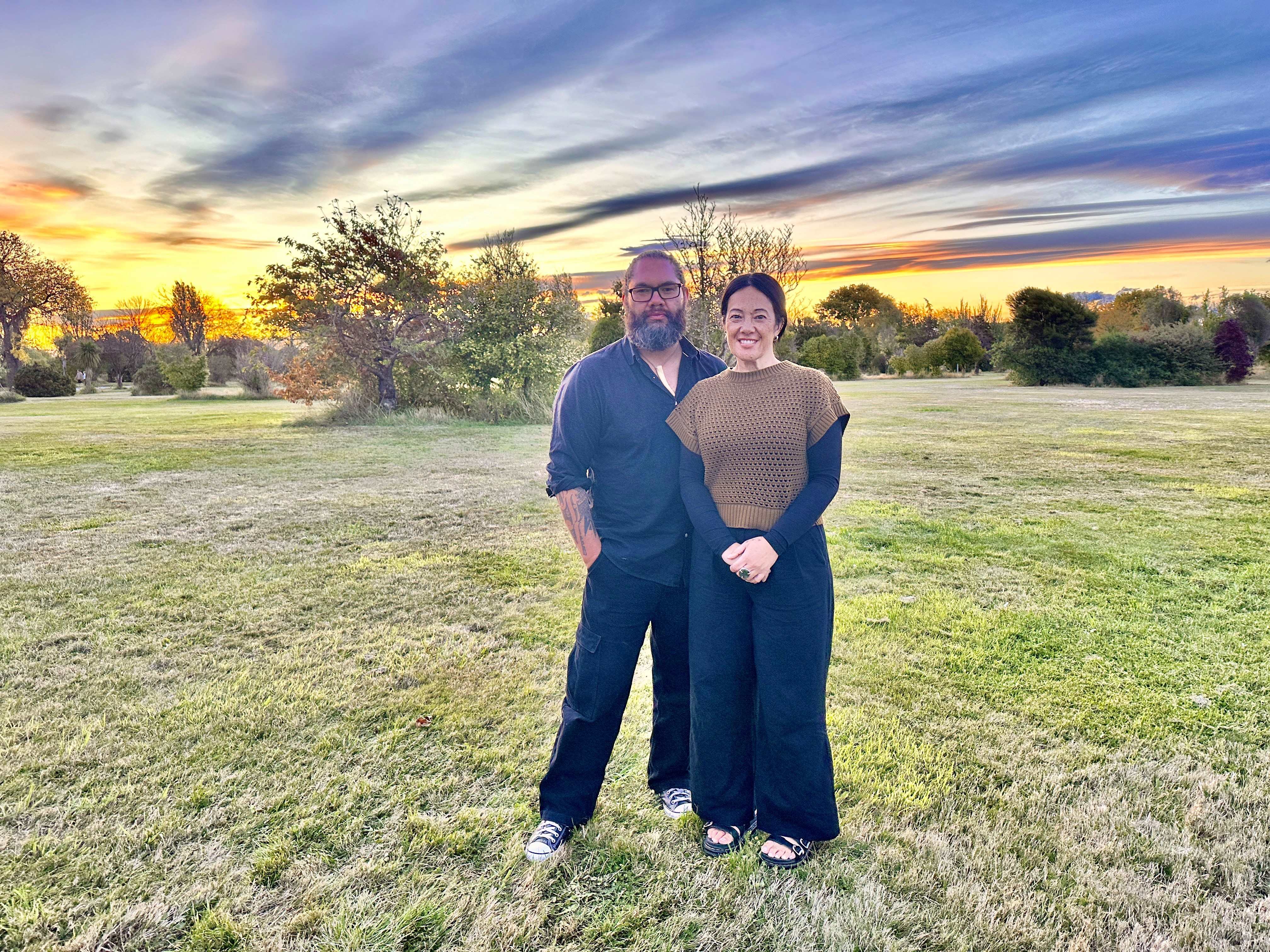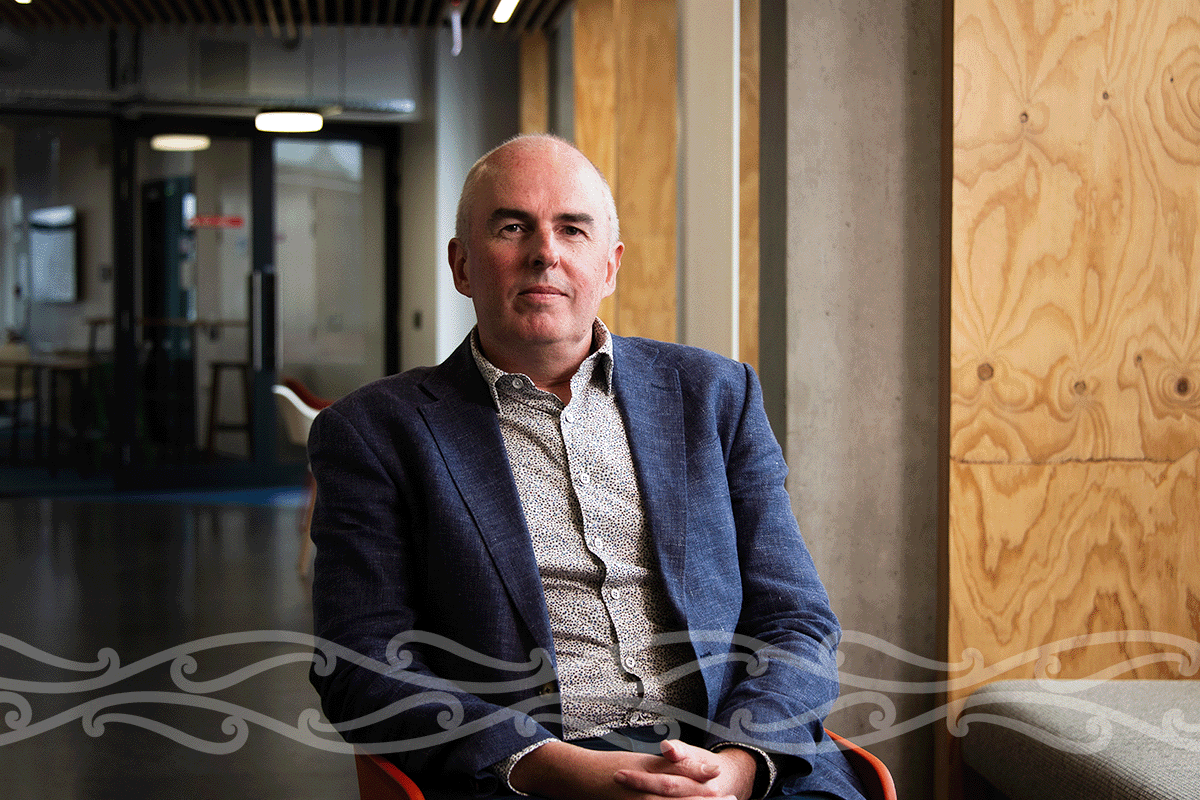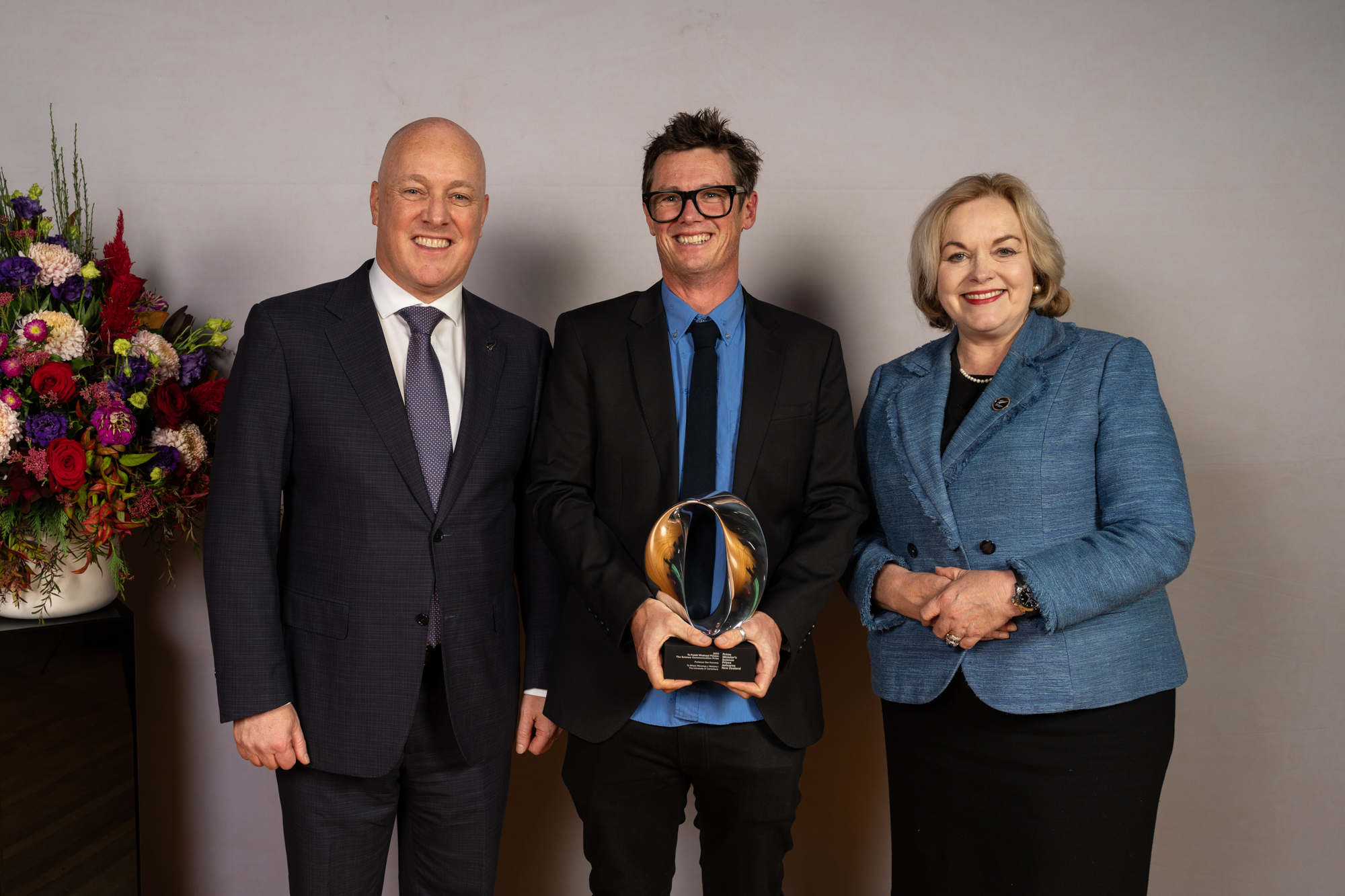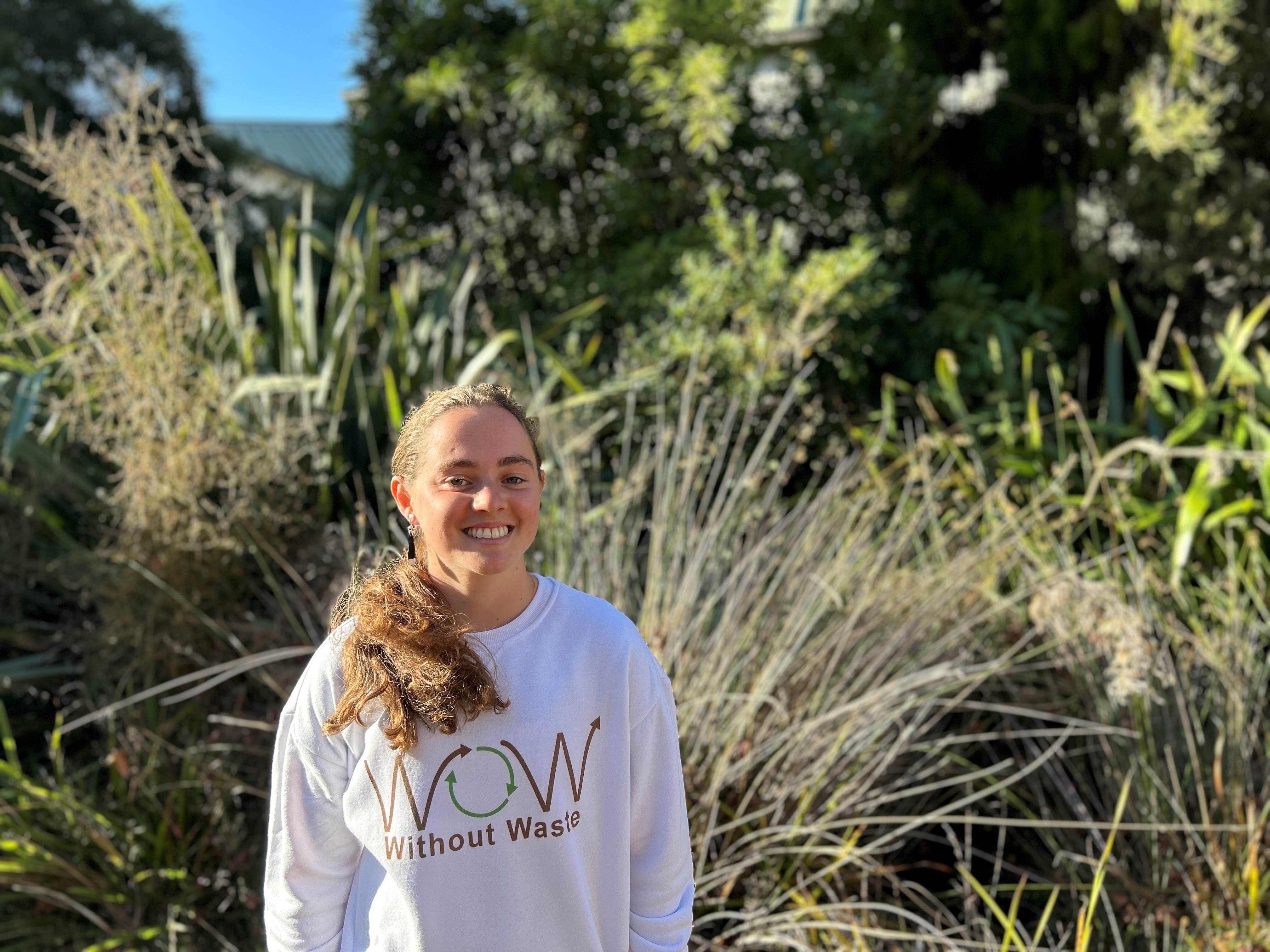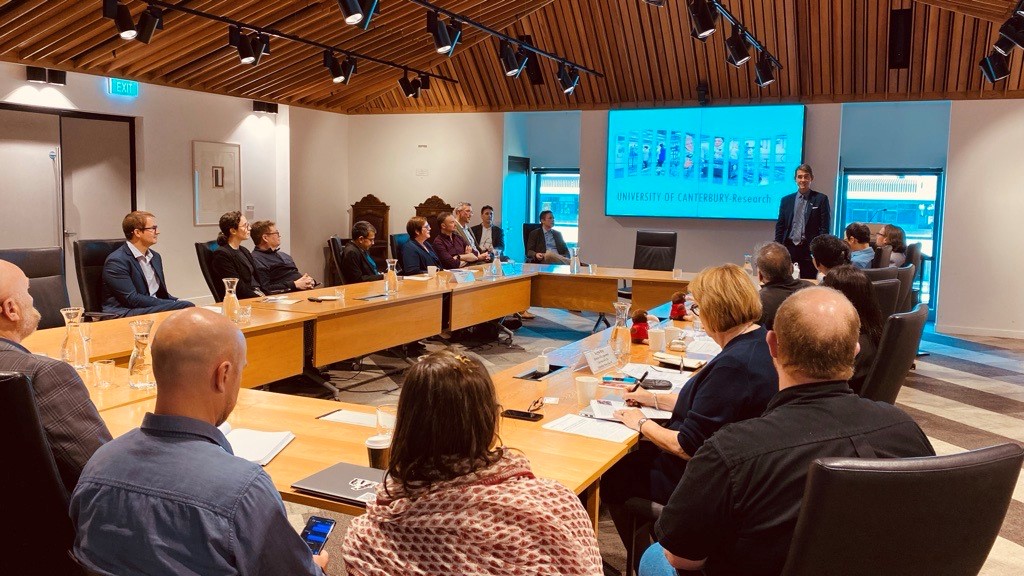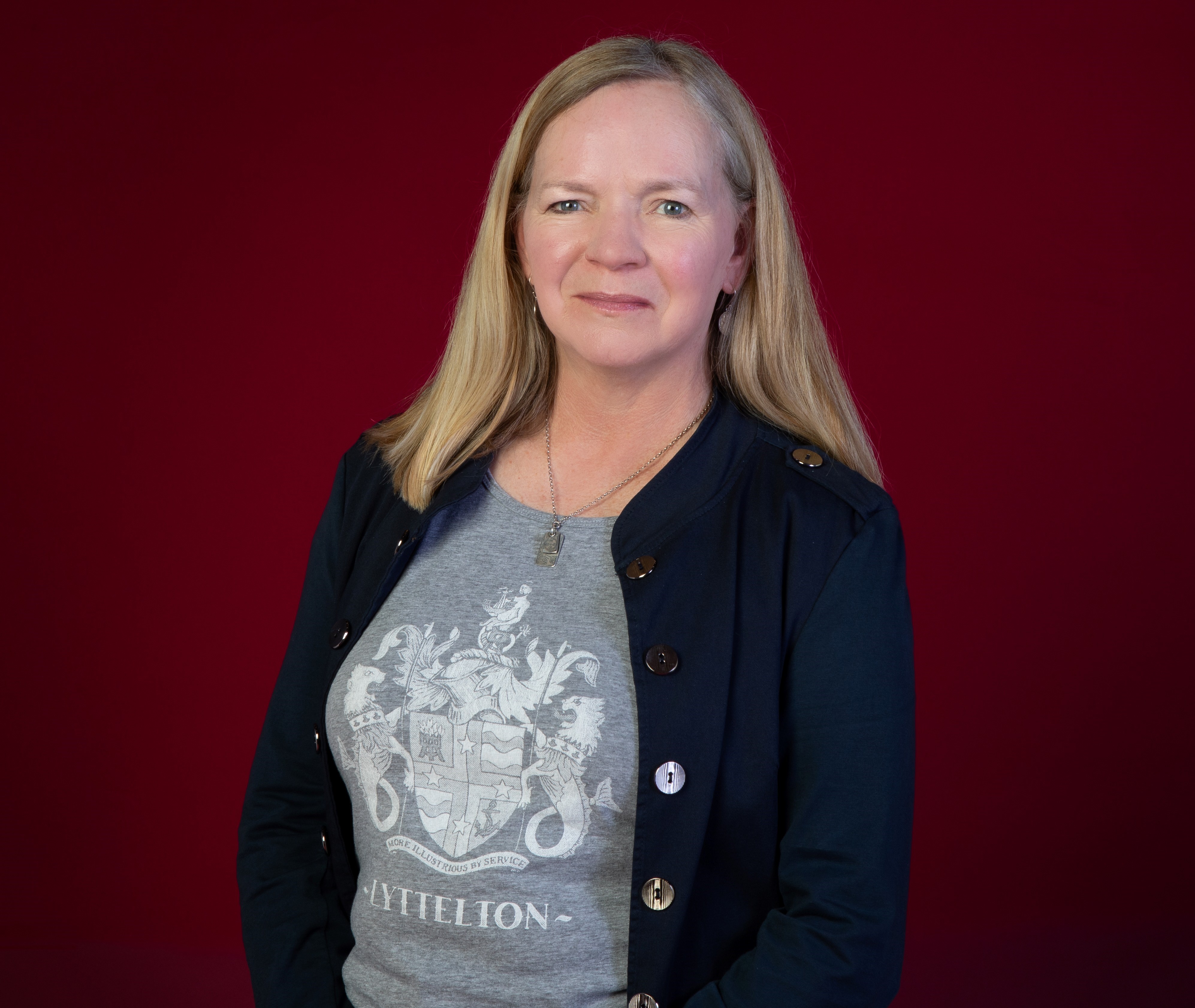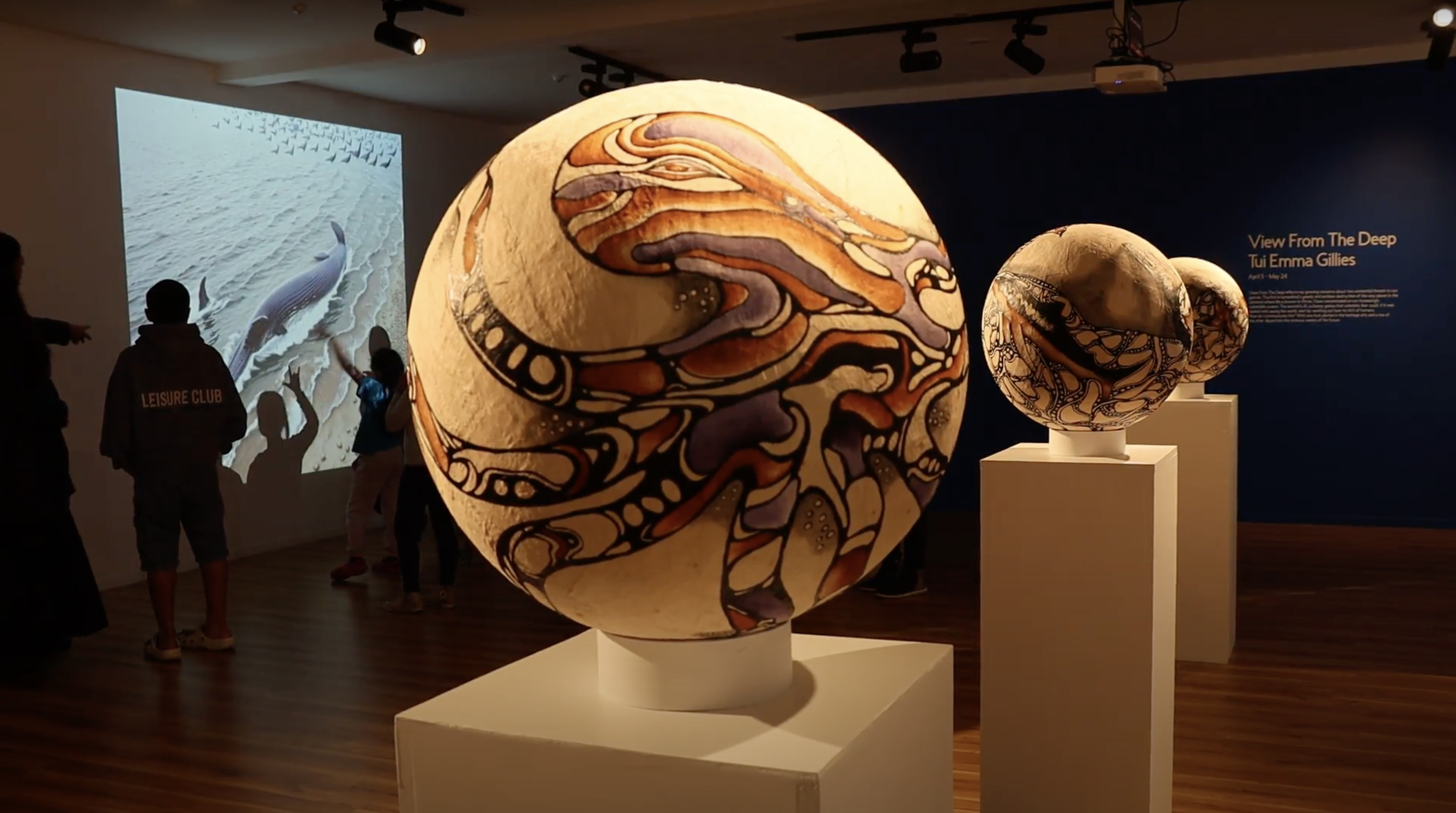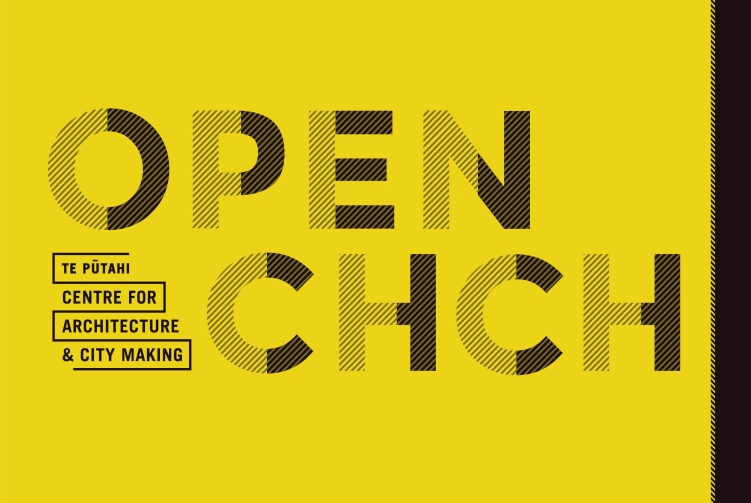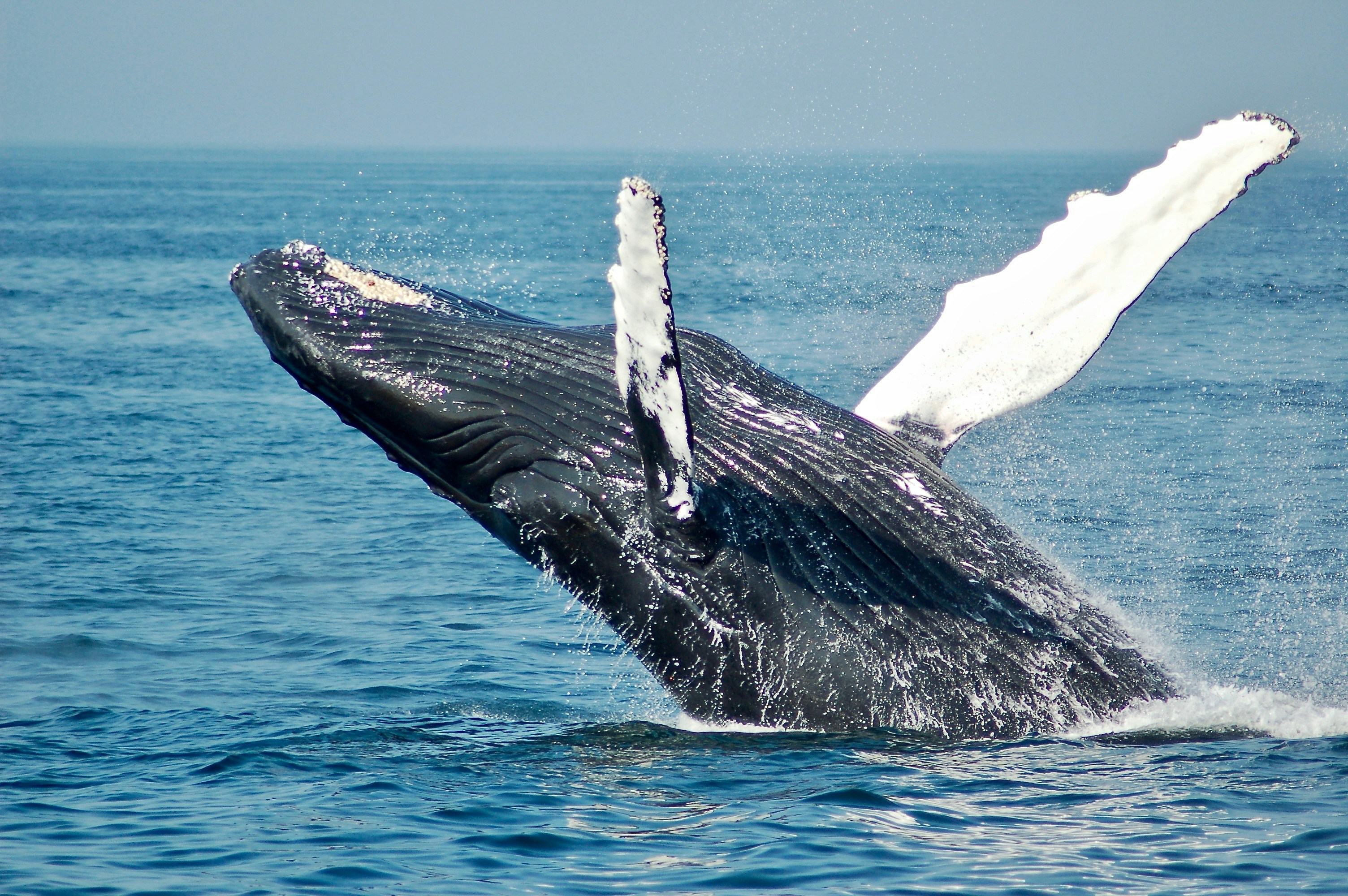Gaynor Hakaria (Ngāti Porou, Ngāi Tahu) and Grant Hakaria (Ngāti Kurī) dedicated themselves to shaping young minds in primary education classrooms for two decades, while also growing their whānau. The duo then decided to return to university to deepen their knowledge, and to better serve their communities.
With the future of their students in mind, they made arrangements for the transition to full time study. “If it was to the detriment of my school, I wouldn’t go back to study,” says Grant.
“I wanted to explore some new research and seek further qualifications so I could be a role model for not only my whānau but for all tamariki (children) to show that learning never stops,” says Gaynor.
Gaynor, who graduated from the Teachers College (now Faculty of Education) in 1996 is graduating with a Masters of Hōaka Pounamu | Māori Bilingual and Immersion Teaching and Learning this autumn. Grant will join her on stage at this graduation, receiving his Master of Education.
“Grant deferred his graduation last year so we could graduate together,” says Gaynor. “It’s a big deal as my extended whānau are starting to further their studies in tertiary education.”
“I wanted our kids to see us walking across the stage,” says Grant, hoping that their children and their students might be inspired by seeing them graduate — and encouraged to pursue a degree themselves.
Gaynor says one of her papers, Advancing Pasifika Educational Success, has helped her understand the issues Pasifika communities are facing. Having a large Pasifika community at Te Waka Unua School where the couple is teaching, they are more enabled to support others to lead positive change together with colleagues.
As experienced kaiako (teachers) in bilingual Māori education, they are committed to supporting the kaiako, tamariki and community of their Samoan bilingual programme, Tava’e, to thrive.
Their teaching background gives them both valuable skills. “That’s where we see our purpose,” says Gaynor. “We can help our whānau anywhere along their journey of identity, culture and language.”
That was not always the case, and Gaynor says it wasn’t until they had a mind shift and committed to the Ngāi Tahu strategy called Kotahi Mano Kāika, which supports and promotes the growth of Ngāi Tahu identity and te reo i te kāinga (language in the home), that they started speaking more te reo Māori at home.
“We see how beneficial it is and how it has benefited our kids, whānau, friends and their kids,” says Grant. “Because we experienced it ourselves, it’s our passion to nurture this within others and we hope they will also have an epiphany and speak their language more.”
Their passion filters through their own family, with one of their children Suayd Hakaria being part of the UC Māori team that is supporting ākonga (students) Māori. “I even went to his office sometimes to ask for help, so to go to uni and have my son advise me was pretty cool,” Grant says.
“There was lots of support on offer, it’s just about reaching out,” adds Gaynor.
Read more of our graduate success stories here.
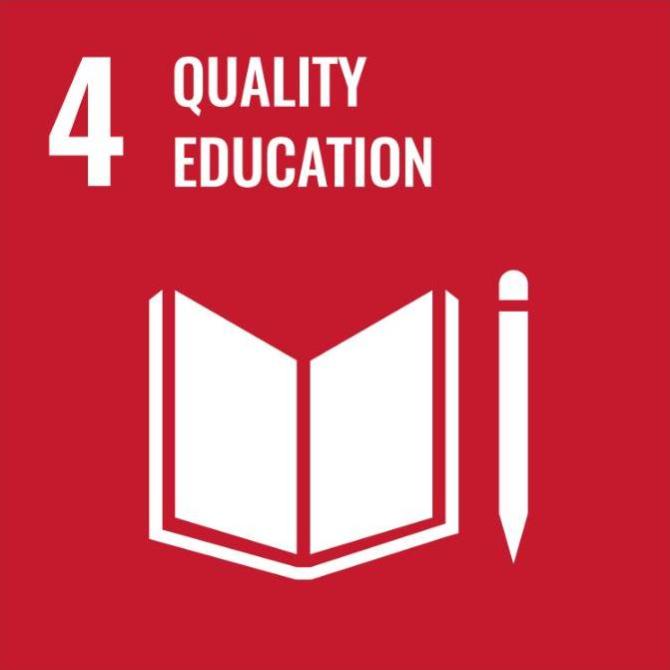 Sustainable Development Goal (SDG) 4 - Quality education.
Sustainable Development Goal (SDG) 4 - Quality education.
